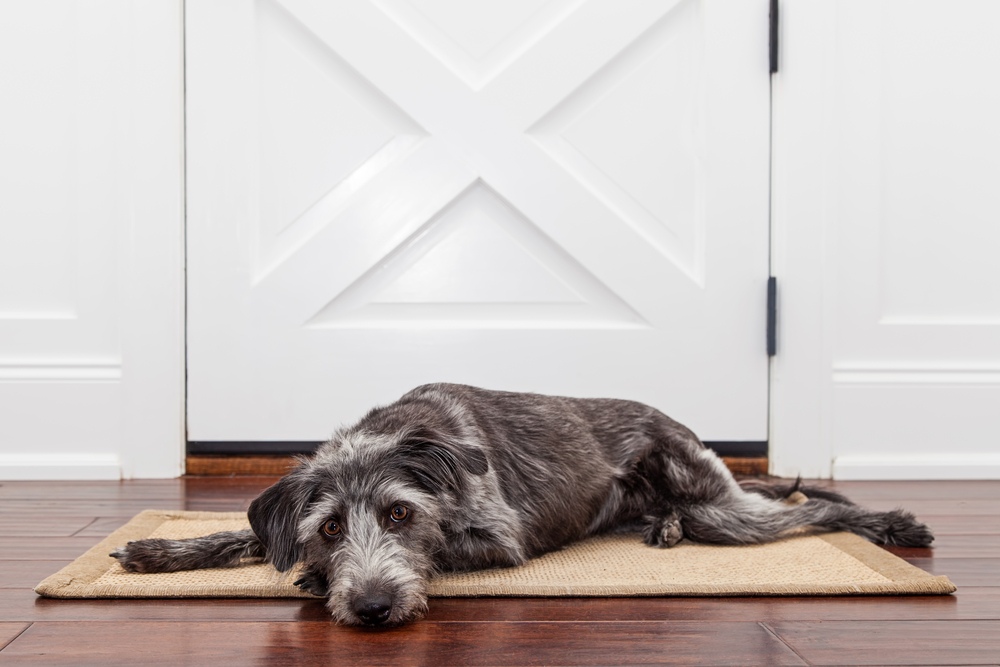

Separation anxiety is a common challenge many puppy owners face, but with the right approach, it can be managed effectively. Puppies are naturally social creatures, and being separated from their owners can cause stress, leading to destructive behaviors, excessive barking, or even physical symptoms like trembling. Addressing separation anxiety early can pave the way for a happier, healthier life for your furry friend—and a more peaceful experience for you.
Recognizing the Signs of Separation Anxiety
Separation anxiety in puppies can manifest in various ways, including:
Excessive barking or whining when left alone.
Destructive behaviors, such as chewing furniture or shoes.
Pacing or trembling before you leave the house.
Accidents indoors, even if your puppy is house-trained.
Attempts to escape, which could result in injury.
If you notice these signs, it’s essential to take proactive steps to address your puppy’s needs.
How to Help Your Puppy Overcome Separation Anxiety
1. Create a Safe and Comfortable Space
Designate a specific area in your home where your puppy feels secure. This could be a crate, a puppy-proofed room, or a cozy corner. Introduce toys, blankets, and even an item with your scent to create a comforting environment.
2. Practice Gradual Alone Time
Start by leaving your puppy alone for short periods and gradually increase the duration. This helps them learn that you’ll always return. Pair your departures with positive reinforcement, like a treat or a special toy.
3. Use Positive Reinforcement
Reward your puppy for calm behavior when you return. Avoid making a big fuss when you leave or come back, as this can heighten their anxiety. Consistency is key.
4. Mental and Physical Stimulation
Puppies with excess energy are more likely to develop anxiety. Ensure your puppy has plenty of exercise and mental stimulation through walks, playtime, and puzzle toys to keep them occupied when you’re away.
5. Seek Professional Guidance
If your puppy’s anxiety persists, working with a professional can provide additional strategies tailored to your pet’s needs.
The Long-Term Benefits of Early Intervention
By addressing separation anxiety early, you’re setting your puppy up for success in adulthood. Puppies who learn to self-soothe and feel secure when alone are more likely to grow into confident, well-adjusted dogs. These early efforts also strengthen the bond between you and your pet, fostering trust and mutual understanding.
Get in Touch with Brekke Veterinary Clinic
Separation anxiety can be a challenging hurdle for both puppies and their owners, but early intervention makes a significant difference. By taking proactive steps to recognize and manage anxiety, you’re not only enhancing your puppy’s quality of life but also creating a harmonious home environment.
If you’re concerned about your puppy’s separation anxiety or have questions about their behavior, contact Brekke Veterinary Clinic for personalized advice and care to ensure your puppy thrives. Visit our office located on W Happy Canyon Rd. in Castle Rock, Colorado. Call (303) 474-4260 to book an appointment today.







